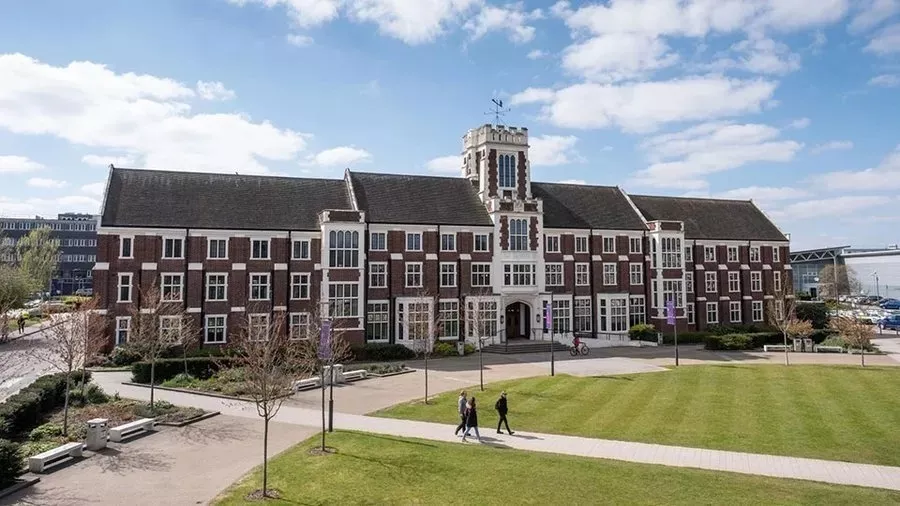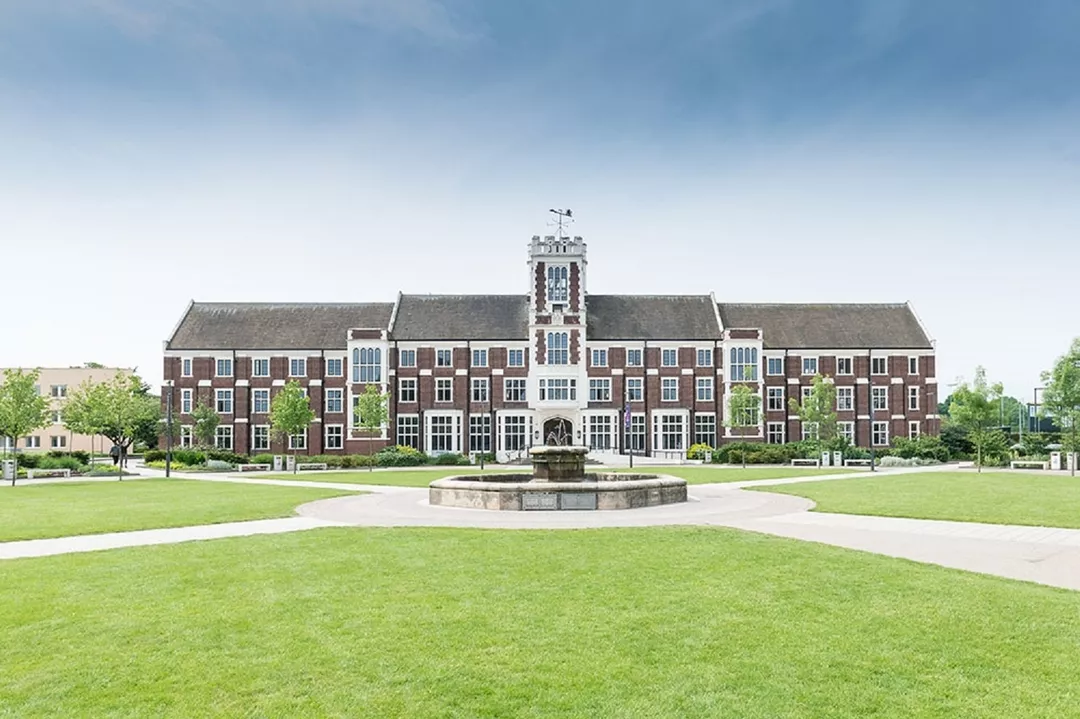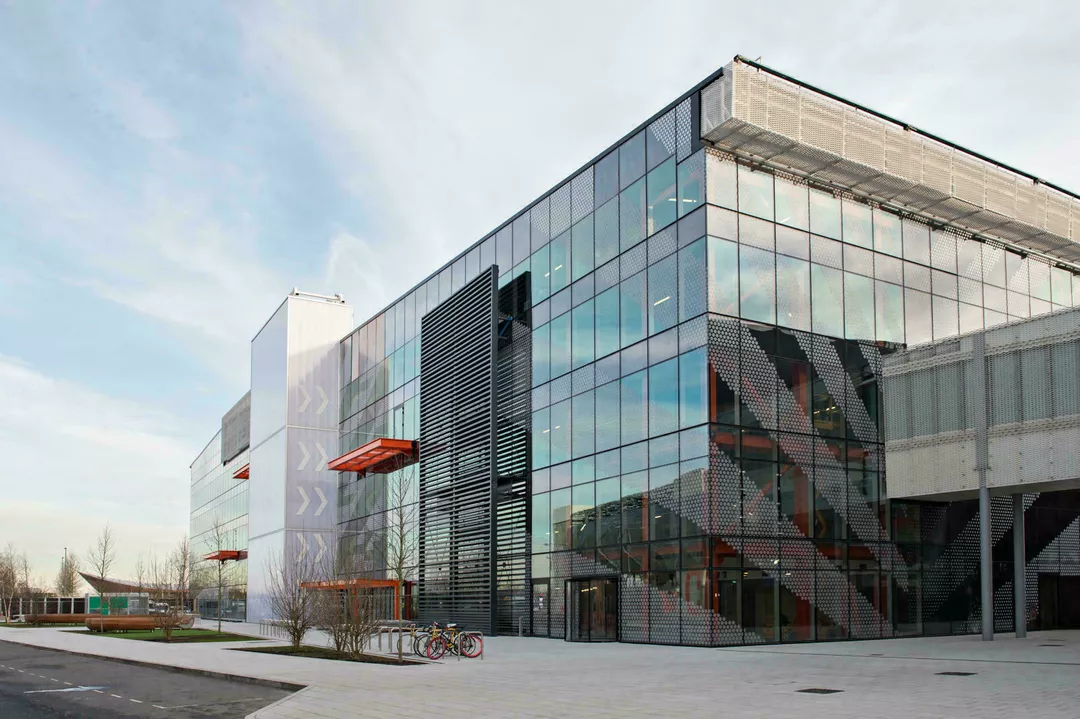-
hello@abroadcube.com
Mail us
-
Call For Help:
98779 83783
-
Whatsapp Us
70090 34921
The depth of maths taught in Loughborough's mathematical finance master's will give students the skills they need to succeed in the finance sector. It is also the ideal preparation for those who want to pursue a research career in stochastic analysis, financial mathematics and other relevant areas. The programme is designed to provide students with the strong mathematical skills, computational techniques and finance background needed to work in the financial sector. It could also open up careers in investment banking, hedge funds, insurance companies and the finance departments of large corporations.
Drawing on the expertise within the Department of Mathematical Sciences, students will undertake core modules in stochastic analysis and measure theory, whilst also choosing optional modules covering wide-ranging topics of interest, including corporate finance, functional analysis and asset management. In addition, the 14 weeks at the end of the programme are devoted to an individual project, which students will complete under the supervision of their departmental supervisor.
Students will have access to the computing laboratory which boasts a dedicated team to help them with any IT queries. Students will also benefit from the £4 million refurbished department building, which has a spacious student activity area and dedicated state-of-the-art resources.
| Level | Masters |
| Discipline | Mathematics |
| Duration | 12 months |
| Intakes | Oct |
| Application Fees | GBP 0 |
| Tuition Fees | GBP 19100 |
| Campus | Loughborough |
| Language proficiency (minimum) | |
| IELTS | 6.5 |
|---|---|
| TOEFL | 92 |
| PTE | 67 |
| Duolingo | 110 |
| Exam proficiency (minimum) | |
| SAT | Not Required / Waiver |
|---|---|
| ACT | Not Required / Waiver |
| GRE | Not Required / Waiver |
| GMAT | Not Required / Waiver |
Minimum GPA - 75%
QS Quacquarelli Symonds is the world’s leading provider of services, analytics, and insight to the global higher education sector, whose mission is to enable motivated people anywhere in the world to fulfil their potential through educational achievement, international mobility, and career development.
THE (Times Higher Education) has been providing trusted performance data on universities for students and their families, academics, university leaders, governments and industry, since 2004. We create university rankings to assess university performance on the global stage and to provide a resource for readers to understand the different missions and successes of higher education institutions.
The Academic Ranking of World Universities (ARWU) was first published in June 2003 by the Center for World-Class Universities (CWCU), Graduate School of Education (formerly the Institute of Higher Education) of Shanghai Jiao Tong University, China, and updated on an annual basis
The "Webometrics Ranking of World Universities" is an initiative of the Cybermetrics Lab, a research group belonging to the Consejo Superior de Investigaciones Científicas (CSIC), the largest public research body in Spain. CSIC is among the first basic research organizations in Europe. The CSIC consisted in 2006 of 126 centers and institutes distributed throughout Spain.



